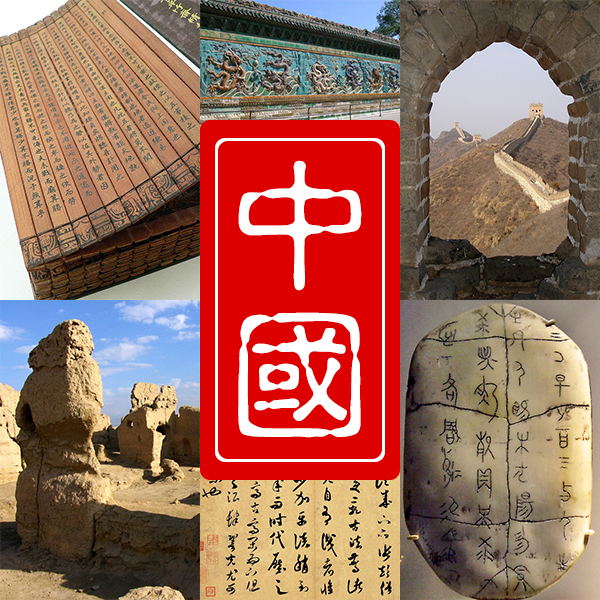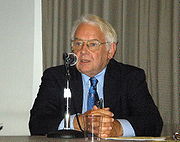
Slavery was more important to Rome than China. This arises from the fact that Romans were constantly and rapidly conquering new territories, and slaves continued to flood in. This surplus of slaves lead them to be very cheap, cheaper than peasant labor, and therefore slaves were adopted as the major workers of the Roman economy. In China however, they were isolated, and there was little new territorial acquisitions from which slaves could be acquired. This lead to a lower number of slaves, making them more expensive and therefore less of a part of the economy. Slaves were treated harsher in Rome because they were so cheap and abundant that they were viewed as disposable. In China, where they were rarer and more expensive, they were viewed as more valuable and hence treated with greater caution.



